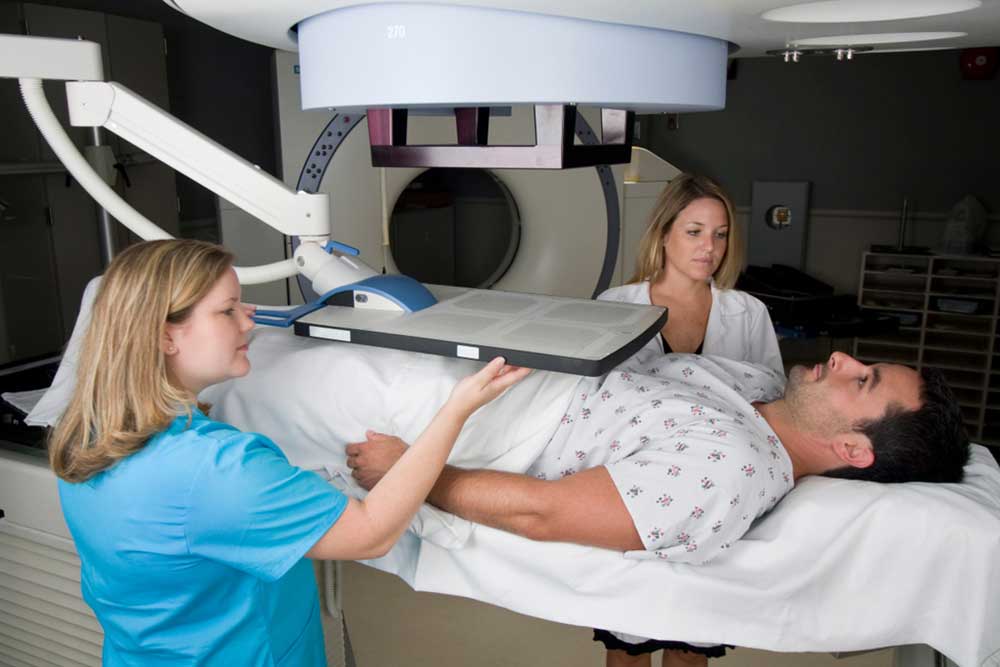Recognize These Common Symptoms of Cervical Cancer
This article highlights key signs and symptoms of cervical cancer, emphasizing the importance of early detection. Recognizing symptoms like abnormal bleeding, unusual discharge, pain during sex, leg swelling, urinary issues, blood in urine, and unexplained weight loss can lead to timely medical intervention. Staying alert to these signs and consulting a healthcare professional promptly can improve outcomes and potentially save lives.

Recognize These Common Symptoms of Cervical Cancer
Subtle changes in your body might be early signs of cervical cancer. It’s important to stay informed.
Cervical cancer affects the cells of the cervix, the narrow lower part of the uterus connecting to the vagina. It is primarily caused by human papillomavirus (HPV), a widespread sexually transmitted infection. Usually, the immune system suppresses this virus, but in some women, it persists for years, leading to abnormal cell growth on the cervix’s surface that can become cancerous.
Sometimes, women dismiss early cervical cancer symptoms as minor issues, delaying medical care. Recognizing the signs and seeking prompt diagnosis is crucial to prevent progression.
Abnormal vaginal bleeding
Irregular bleeding between periods, heavier or longer menstrual cycles, bleeding after sex, or postmenopausal bleeding are warning signs. Consulting a healthcare professional is essential to identify the cause and act accordingly.
Unusual vaginal discharge
If you notice watery, discolored (pale or brown), or foul-smelling discharge, possibly with traces of blood, it might be related to cervical cancer. While minor discharge is normal, persistent abnormal discharge warrants medical evaluation.
Pain during sexual activity
Experiencing pain during or after sex can be a symptom of cervical issues, including cancer. If this occurrence is sudden or accompanied by other symptoms, visiting a doctor is recommended for diagnosis.
Leg discomfort
Unexpected leg pain or swelling could indicate cervical cancer spreading or causing blood flow obstruction. Not all patients experience this, but any leg symptoms should prompt medical review, especially with other signs present.
Urinary problems
Signs like pain, stinging, or a feeling of tightness during urination may occur when the tumor presses on the bladder or urethra. Persistent urinary issues should be evaluated promptly.
Blood in urine
Hematuria, or blood in urine, might indicate advanced cervical cancer. Whether noticed directly or via tests, this symptom requires immediate medical attention to determine the cause.
Unexpected weight loss and fatigue
Unexplained weight loss and persistent tiredness may seem minor but can be signs of serious health issues like cervical cancer. Recognizing these early can lead to timely intervention.










